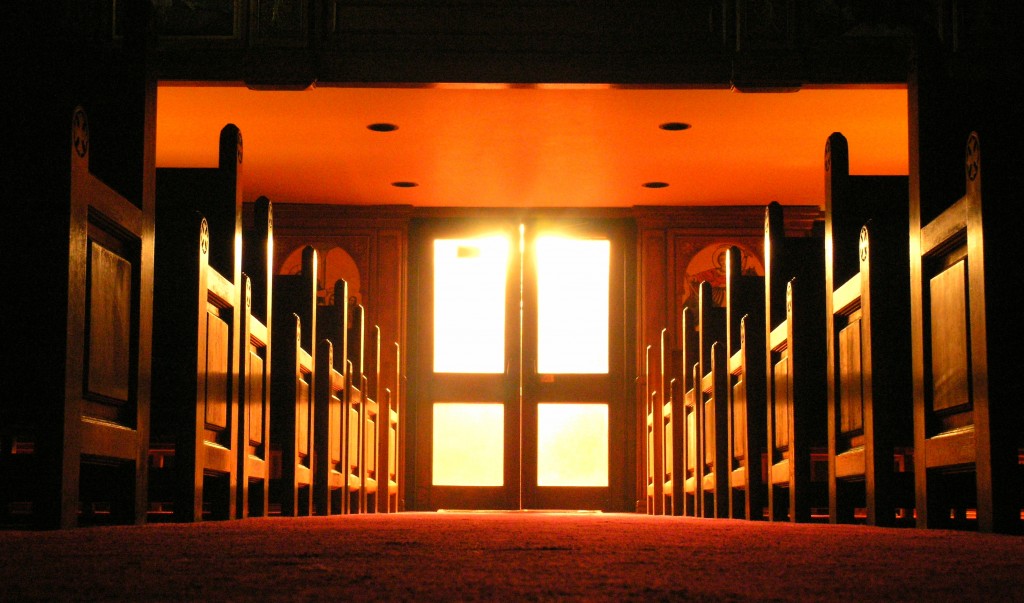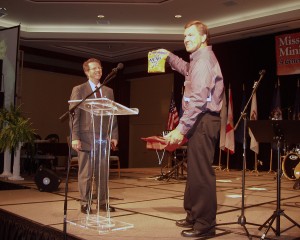I recently spoke with a minister from one of our rural churches. He determined, after much prayer and debate within the church, to call for a vote on whether or not he should remain as pastor. The final tally was split 50/50, and he decided to resign.
My heart ached for him as he shared with me his heavy heart and the struggle he was going through- not wanting to leave, but believing there was no other choice, given that he had not received enough support to stay. If you are struggling with this decision, I encourage you to also read this recent Messenger article that walks through some important factors to consider.
Over my 29 years in ministry, I have watched pastors face this dilemma time and time again. I give the same piece of advice to every pastor I talk to about this gut-wrenching decision: Stay, if possible. I believe my advice echoes that of the Apostle Paul to Titus, “This is why I left you in Crete…” (Titus 1:5) Paul encouraged Titus to “stay put” and continue the ministry where he was called.
My advice comes from a pastor who has ministered to the same church for 29 years. Staying in one church for the long haul has many benefits for the church as well as the pastor.
1. The first benefit is spiritual growth within the church membership. A church and pastor may not agree on everything that the pastor leads a church to do. There will be differences of opinion. However, staying put leads to congregations and pastors who learn to work through their differences without someone necessarily leaving. Some pastors will need to leave in the midst of a conflict; likewise, some church members need to leave as well. But churches can become more like Christ, exhibiting forgiveness, grace, and perseverance, when they learn to work through their differences.
2. Long-term pastors also have more time to build relationships in the community and lead the congregation to do the same, which can impact many more lives for Christ. This is an important reason for a pastor to stay. Long pastoral tenures enable a pastor to lead the church in being a lighthouse and spiritual resource in the community, impacting multiple generations. In other words, a stable church points to an unchanging God upon which families should build their foundations.
3. When a pastor stays in a church for a long time, he must continually go deeper into the study of the Bible in order to lead his congregation in spiritual maturity. Preaching for 29 years in one church, with three Sunday morning services and countless small group Bible studies over the years, I cannot afford to get lazy or stuck in a rut. It is my responsibility to spiritually feed my congregation, so I am always looking deeper into God’s Word for His message. Not only do I have to intentionally set aside time to study the Word, but I must learn different methods and styles of delivering that message to stay relevant with our culture. As I look to the future for the Real Life congregation, if God would permit it, this could be a ministry of 45 years or more. I believe this is only possible, however, if I give even more time to His Word.
While it is not always possible, or healthy, for a pastor to stay at his current church, the benefits of a long-term pastorate affect the pastor, the congregation, and the community, and should always be considered when faced with tough situations.





